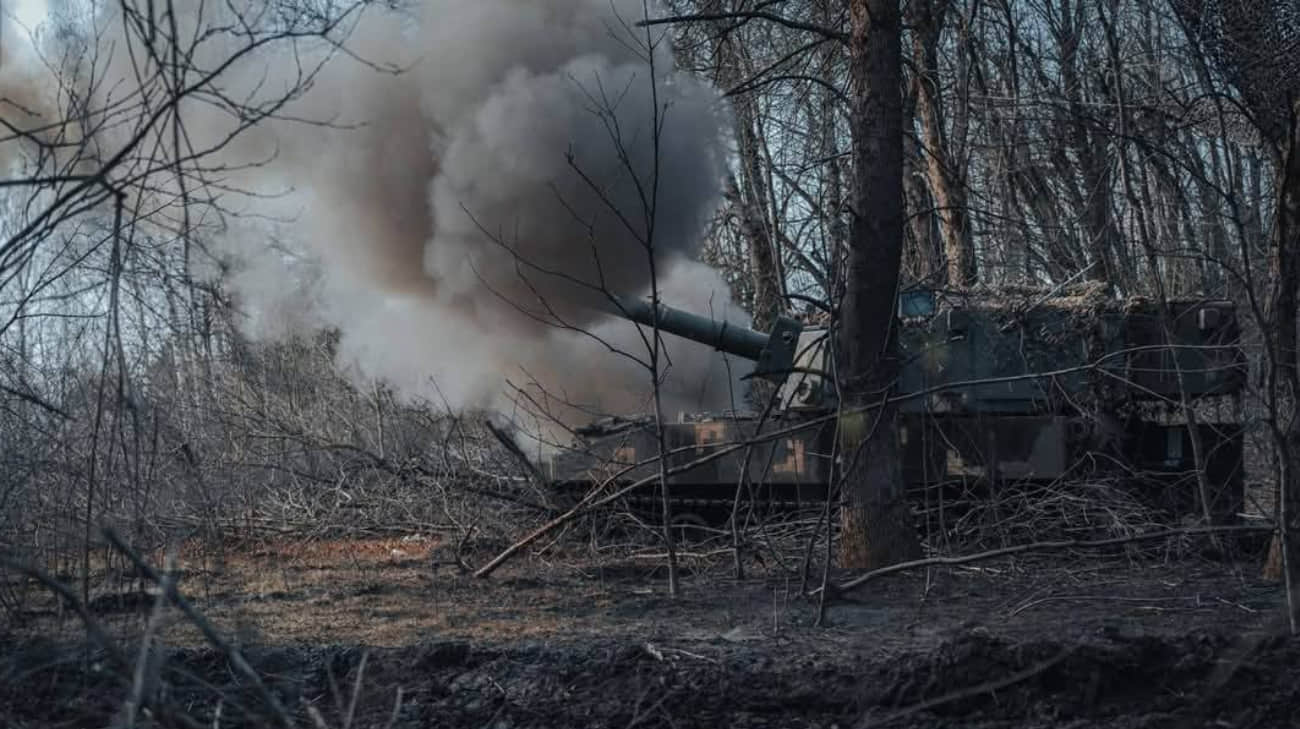New pollutants in Lithuanian underground waters

Jurga Austienė, Chief Specialist of the Lithuanian Geological Survey, commented on how these contaminants enter the water sites and how we can take care of the cleaner environment and our health.
– What are the new generation of pollutants?
– We attribute the next generation of organic pollutants those contaminants that have been created or discovered relatively recently. They may have been created 20-30 years ago, but only now, as laboratory technology improvement, is able to detect and investigate them. For example, the medicines we use for both us and our pets are found everywhere.
LNK stop shot.
– What drug residues are mostly released into underground waters?
– A wide variety of drugs are found – both antibiotics and over -the -counter medications, as well as so -called lifestyle products such as nicotine, caffeine or even narcotic drugs. These substances that enter the human body are removed with waste and enter the water through the sewer systems.
– How can these contaminants affect human health?
– The effect depends on the nature of the pollutants. Some of them have already been investigated, so we know what concentrations are permissible in drinking water or soil. However, the effects of medicines on the human body are still under investigation. Although we still use these substances according to the recommendations of doctors or pharmacists, their long -term effects in the environment have not been sufficiently investigated.
Full LNK Report – In Video:
– Which places of Lithuania are the most contaminated?
– We have not done a large -scale study yet, but last year we conducted a study of medicines. We have chosen areas that can be contaminated potentially – the area near the production or removal sites, as well as the wastewater drainage area.
– What can every person do to reduce this pollution?
– First of all, you should not throw unused medicines into the trash or pour them into the drain – they need to be returned to pharmacies where they will be properly disposed. As far as wastewater treatment is concerned, research is still underway, as methods to effectively remove medicines from the water are still being improved. The biggest problem arises in urban areas, especially where the sewer is leaky or poorly regulated.
– How does the situation change? Is it worse? Is there an ecological disaster?
– This is a signal that we have to get ready. Waterplaces supplying drinking water should be careful and not miss new materials. It is important to take measures in a timely manner and to deal with the next generation of organic pollutants.







